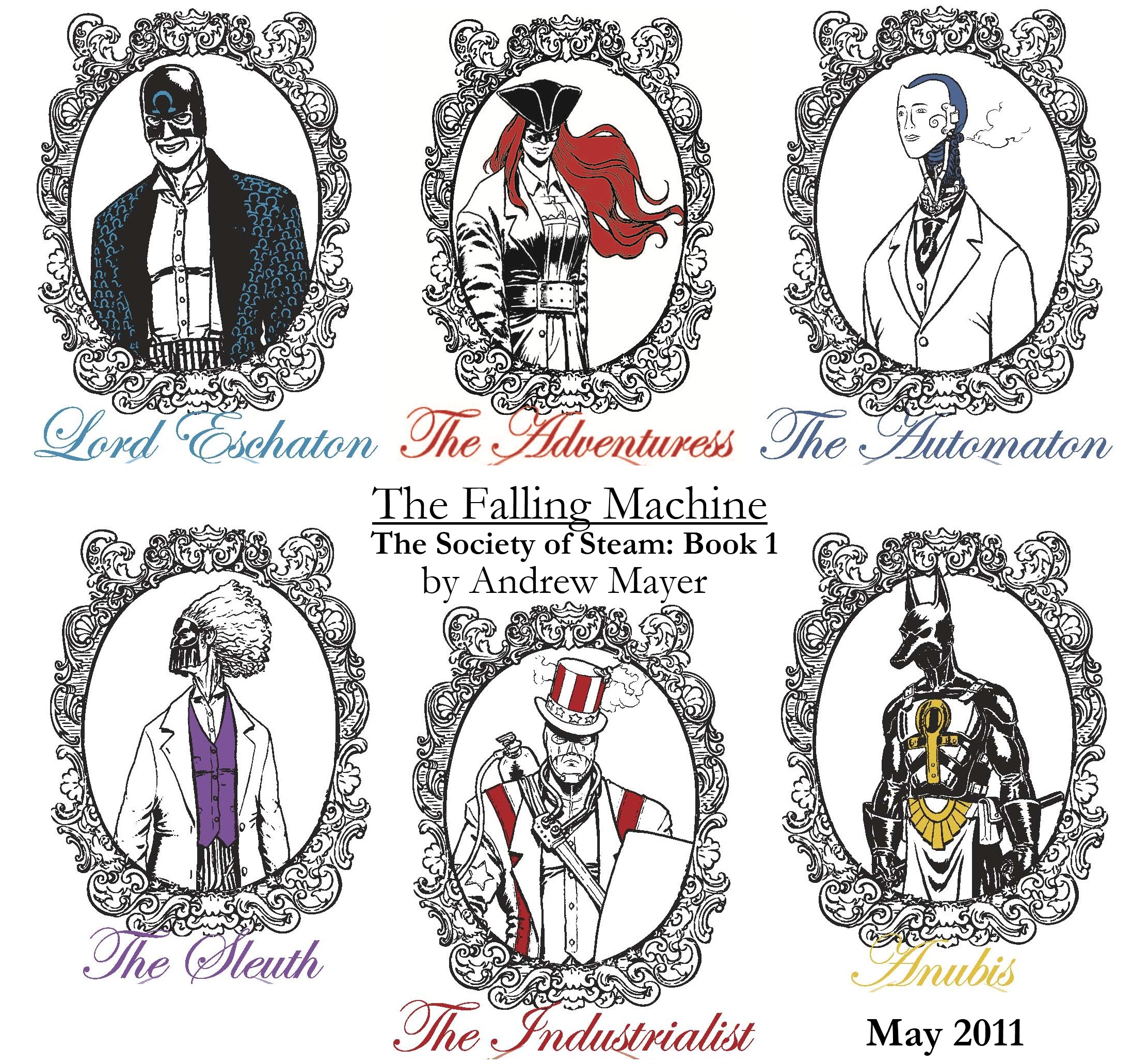Here's a little Doctor Who fan-theory that I posted on my personal Facebook a couple of years ago.
The character of Susan Foreman causes a lot of friction with fans, as the First Doctor claimed that she was his granddaughter, so is she a Time Lady, human or something else?
The character of Susan Foreman causes a lot of friction with fans, as the First Doctor claimed that she was his granddaughter, so is she a Time Lady, human or something else?
If we take the novel Lungbarrow as true (which of course we do), then we know that the Time Lord Houses do not reproduce sexually, they are "woven on genetic looms", rendering every member of that House a 'cousin', eschewing what humans would consider a familial structure of parents and offspring. We also know that not every Gallifreyian is a Time Lord/Lady, as it is a rank attained through the Time Lord Academy, however, most members of the Time Lord Houses are assumed to be put through this education and eventual transformation. The Doctor famously only graduated by a slim margin on his fourth attempt. It is only after their first regeneration that a Time Lord attains the physical state of that rank, as the First Doctor only had one heart, but the Second Doctor had two.
Given her apparent age, and deference to the Doctor, we can assume that Susan has not regenerated, and given that the Doctor placed her in an educational institution, she has either not yet entered the Academy, or was in the process of studying and had not yet graduated. It is possible that Susan is a human the Doctor has "borrowed" and is educating, as he would later attempt again with Ace, but Susan's grasp of 4th dimensional mathematics does imply that she is from Gallifrey.
So where does the grand-parental relationship come into it? Well, for that one, let's turn to the Translation circuits that can be found in the TARDIS and other TTCs (Time Travel Capsules). We know from the Timewyrm series of novels and the Marvel comics (and the new show, I guess, but who cares?) that particularly obscure, ancient or alien languages don't translate well. This may also by why the Doctor, especially the 3rd and 4th, tend to write in English, rather than High or Low Gallifreyian. Here on Earth, we can struggle to translate languages with different constructions; Japanese is particularly difficult to translate into English, for example, because it is so subjective, with the same word having vastly different meanings in different contexts.
Where am I going with this? Well, let's look at Japanese again for a moment; there are more than a few terms of endearment for non-family that use familial terms, aren't there? "Big Brother", "Big Sister" and so on, is how we translate them, but it is the context that matters in the mouths of the Japanese speaker. Well, we know that even Low Gallifreyian is a very complex language (Ace struggles to learn to read it in the New Adventures), and it deals with a malleable 4th dimension, so it is not unreasonable to assume that context, especially for nouns, is important.
I put it to you that "Grandfather" is a mis-translation of Gallifreyian into English, likely of a term of familial endearment made from a younger "cousin" to an elder one in a family structure totally alien to our own. A better translation would likely be "Respected and Learned elder member of this House" (possibly used ironically in the case of the Doctor), which doesn't have an equivalent in English, as our familial language is based on groups assembled for the generation of children. Oh, yeah, children don't exist on Gallifrey, the inhabitants are loomed as young adults. So when Susan calls the Doctor "grandfather", that is the TARDIS translation circuits doing their best to put her actual words into something the humans around her can understand.













